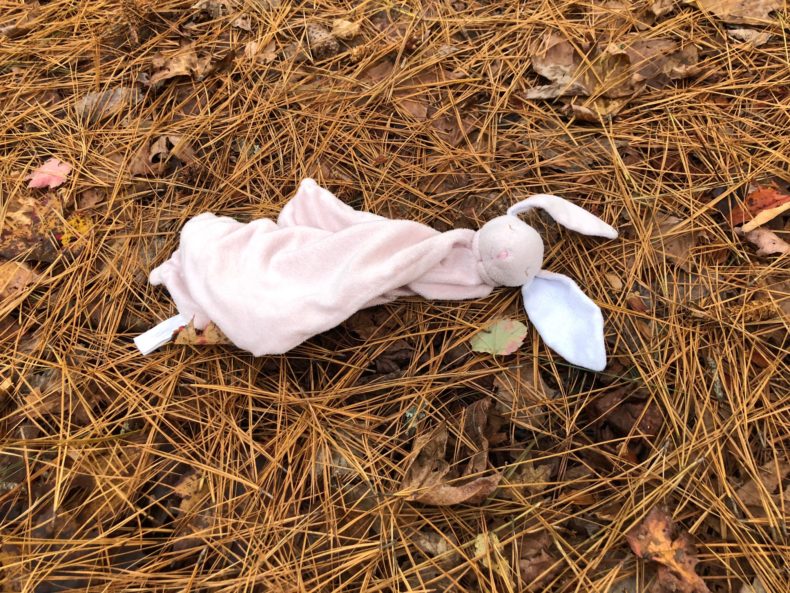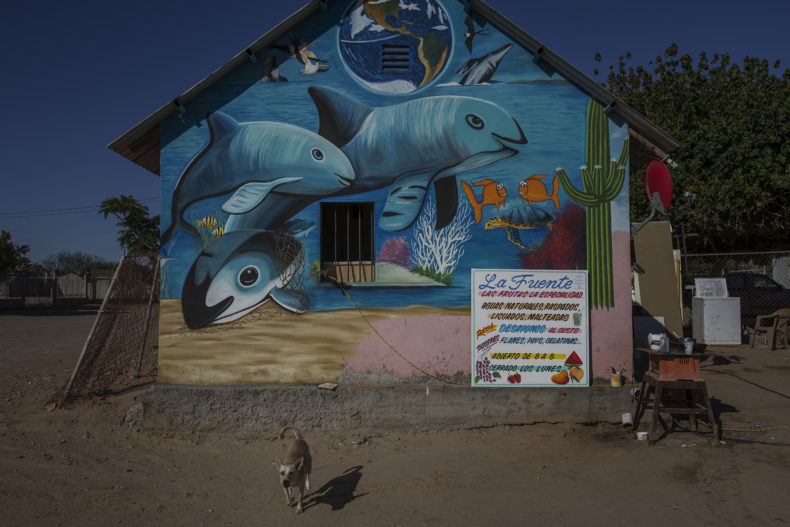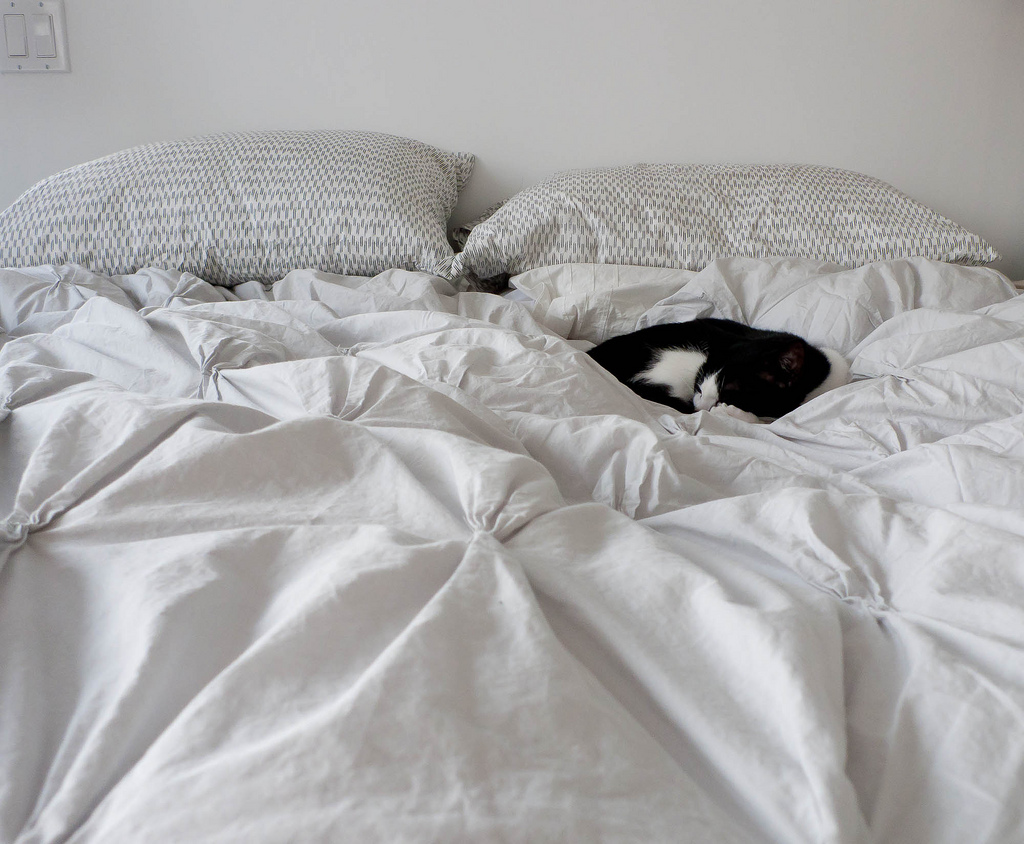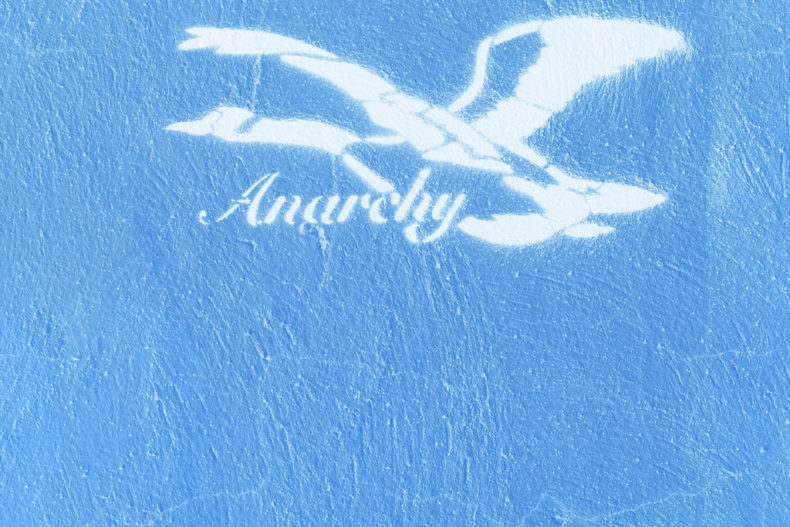 “If this was a democracy, you would still lose,” is something my husband has told our 3-year-old after she objects to our decisions. I can feel the frustration build in her as though it were tightening my own chest. But in the world of Mary Poppins, she doesn’t have to take that kind of adult treatment. In that world, authority figures seem strict, but they are actually magical beings who provide weird and happy experiences, usually including animals. In that world, a kid can clean up her room by sheer magic! Cast off the shackles of yesterday, indeed.
“If this was a democracy, you would still lose,” is something my husband has told our 3-year-old after she objects to our decisions. I can feel the frustration build in her as though it were tightening my own chest. But in the world of Mary Poppins, she doesn’t have to take that kind of adult treatment. In that world, authority figures seem strict, but they are actually magical beings who provide weird and happy experiences, usually including animals. In that world, a kid can clean up her room by sheer magic! Cast off the shackles of yesterday, indeed.
I have watched Mary Poppins with my daughter approximately 367 times since March, and I’ve realized something. My daughter loves it for more than the animation, the silly songs, and the grace and wit of the inimitable Julie Andrews (whom none of us deserves). I think she loves it because the movie appeals, in grinning Technicolor, to a kid’s natural sense of anarchy. Mary Poppins is a gloriously leftist fantasy and I am here for it. Continue reading
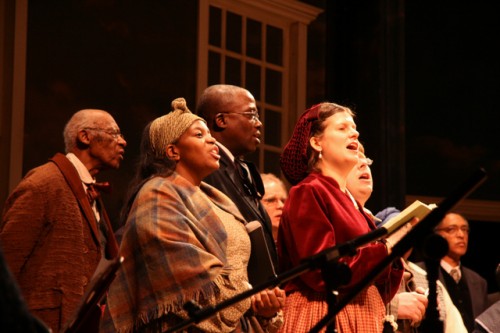
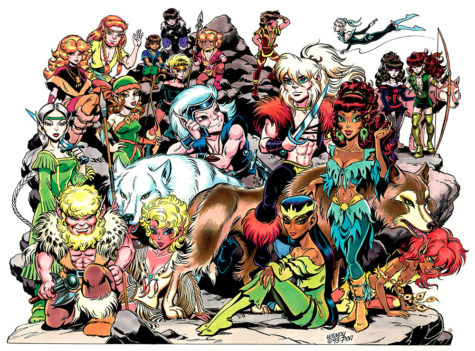 I first saw the elves on the floor of my best friend’s station wagon when I was seven. Grinning up from the back of a big book, these elves looked different from any other elves I’d seen. I’d always thought elves were a little wimpy, but instead of being fragile fey, these elves seemed fun. Even better–they had wolves!
I first saw the elves on the floor of my best friend’s station wagon when I was seven. Grinning up from the back of a big book, these elves looked different from any other elves I’d seen. I’d always thought elves were a little wimpy, but instead of being fragile fey, these elves seemed fun. Even better–they had wolves!